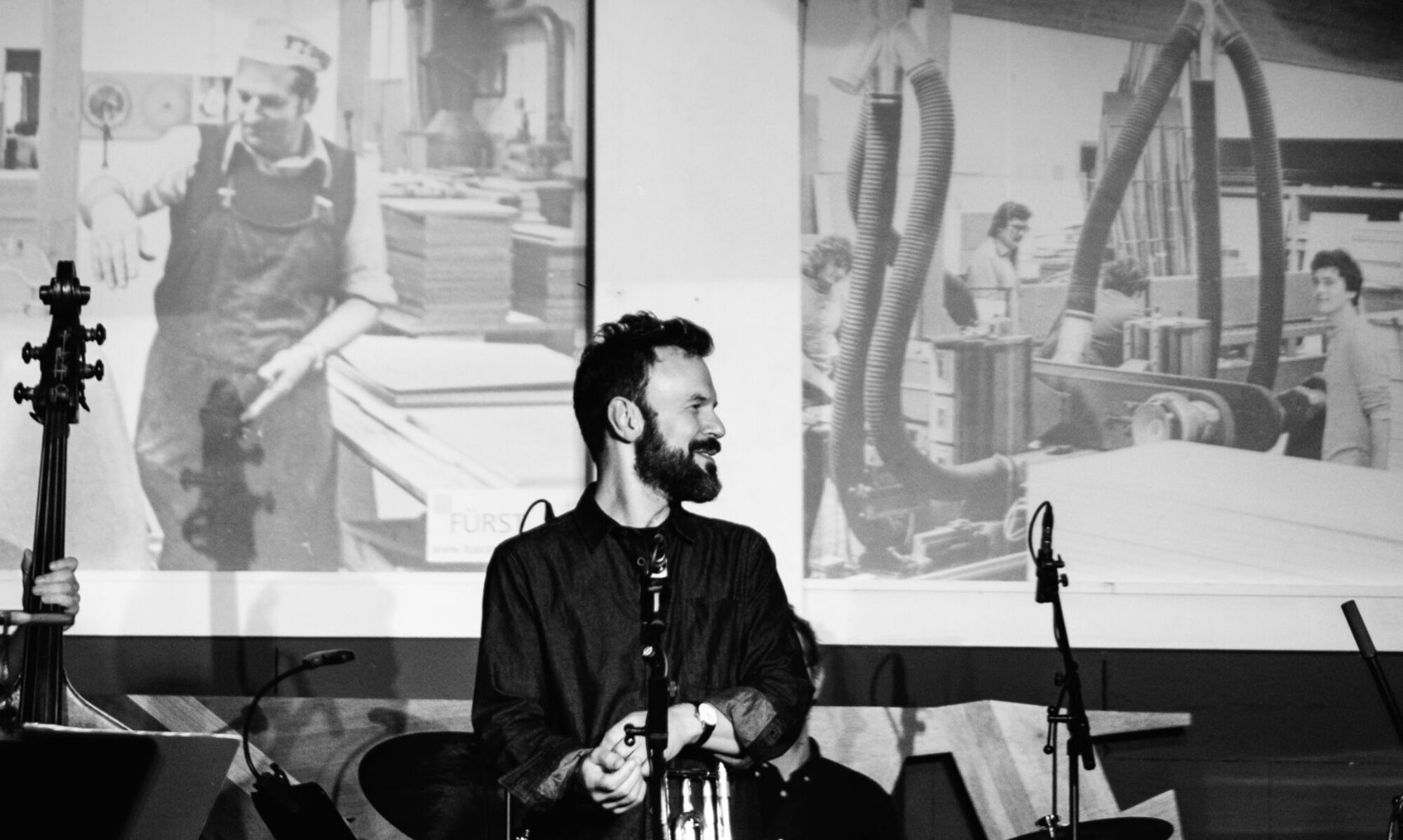No doubt Mitch McConnell is crowing today, and Democratic celebrations are a little muted: Ted Cruz is still a Senator and the Republicans have retained their majority. Andrew Gillum lost the governor’s race in Florida and in Georgia Stacey Abrams will very probably do the same. The highest-profile races, in other words, largely went to the front-runners. So there may be a bit of a sour aftertaste for some Democrats. But is that actually warranted?
We’ve gotten used to judging politics in ever-shrinking cycles; the constant blizzard of information and disinformation to which we are subject makes it increasingly difficult to think longer-term . . . but it’s long-term thinking that has held the Union together for 230 years, and only planning and perspective will succeed in doing so in this, one of the most politically fraught periods the United States has ever experienced. So here’s a brief stab at the longer view.
The Democrats have made great strides in a couple of key areas: They gained 7 governorships, for a total of 22 states to the Republicans’ 25. A lot of Democratic governors are going to have uphill battles in getting things done with Republican legislatures, but still.
The House of Representatives is now also majority-Democratic, which will allow it to suggest more progressive legislation. One can expect much of that to get slapped down by the Senate, but if that happens it will be a highly visible action on the part of the Republican party, and – considering that most Americans now support “progressive” ideas like a more comprehensive national health care system – politically dangerous. How Donald Trump will react to any progressive legislation that manages to reach his desk is anybody’s guess . . . but on the plus side, he’s likely to sign any legislation that seems broadly popular, since he is nothing if not concerned about his popularity.
Another effect of the House majority is that various committees can restart currently dormant investigations into Trump and his various dealings, foreign and domestic. The Democrats will have to walk a fine line, though; the impulse to wade in with metaphorical guns blazing will surely be powerful, but a feeding frenzy is not sustainable and could do much to muddy the waters. Republicans will likely decry and blockade such actions, especially if they appear overzealous and don’t lead much of anywhere – and their base will respond.
Here, intelligent people will also be thinking about longer-term strategy. The political divide between progressives and conservatives has been growing for decades, and the partisanship resulting from Trump’s presidency has only made it worse. The first job of Democrats will be to position themselves as the party with everyone’s best interests at heart; well-crafted, well-presented bills with bipartisan support – anti-corruption and health care, for example – should lead the way. If they succeed they will be thanked for it – and if they are defeated, by the Senate or by Presidential veto, everyone will know why.
But this positioning is only part of the story, and that’s why a Democratic sweep (besides being unrealistic) would not have been in anyone’s best interest – not even that of the Democrats:
When it works properly, opposition in government is a source of stability. A governing party needs a foil, someone to question their proposals and thus strengthen them. Unfortunately, that mechanism has ceased to function in any meaningful sense – and the rancor in American politics has necessarily been followed by the aforementioned fracture in the American populace. However, these days most people agree on at least a few basic ideas: health care should be affordable. American infrastructure is in dire need of an upgrade. Mentally unstable people shouldn’t have access to weapons. If Democrats can capitalize on these ideas, and get moderate Republicans to join them, a respect for consensus could gradually return to American politics, marginalizing those unwilling to compromise.
It is to be hoped that newly- or re-elected Democrats are thinking along similar lines today. The alternative – a further deepening of the chasm between the sides, and an ever wilder power struggle in government and civic life – hardly bears thinking about.
